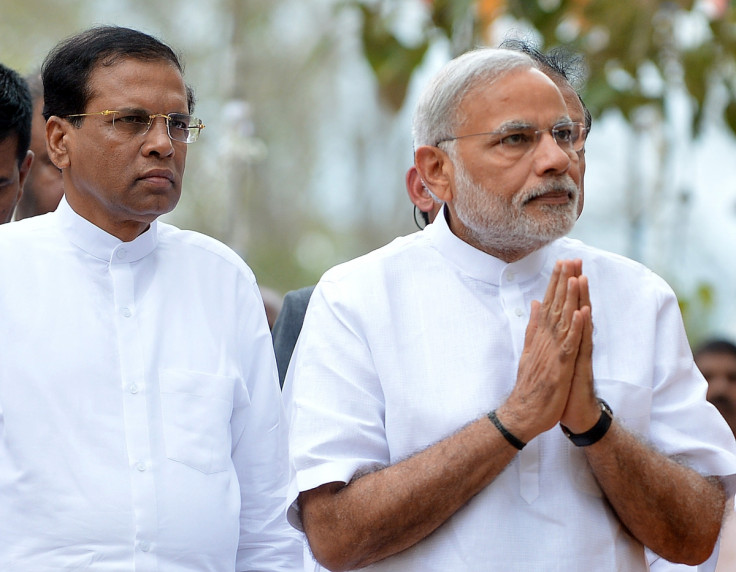India deny visa to US Commission investigating declining religious freedom under Narendra Modi

India has allegedly denied a visa to the US Commission on International Religious Freedom (USCIRF) for their planned trip to the country. The USCIRF were due to visit the country to discuss and assess conditions of religious freedom under the Narendra Modi government.
The visa rejection comes days after US Congress members raised concerns over the conditions of religious minorities in India. In a letter addressed directly to Prime Minister Modi, 32 Congress members urged the Indian government to address "increasing intolerance and violence experienced by members of [India's] religious minority community".
Robert P George, chairman of USCIRF, said: "We are deeply disappointed by the Indian government's denial, in effect, of these visas. As a pluralistic, non-sectarian and democratic state, and a close partner of the United States, India should have the confidence to allow our visit."
George pointed out that USCIRF has been allowed to travel to a number of other countries to assess the status of religious freedom, including some of the "worst offenders of religious freedom", such as Pakistan, Saudi Arabia, China, Vietnam and Burma. The chairman slammed the Modi government for their stance.
He said: "One would expect the Indian government would allow for more transparency than have these nations, and would welcome the opportunity to convey its views directly to USCIRF."
The USCIRF delegation was due to leave for India on 4 March with the support of the State Department, as well as the US Embassy in New Delhi. The trip was planned in order to review "through the lens of international human rights law" any violations of religious freedom. They were then expected to make policy recommendations to the president, secretary of state and Congress in the United States.
USCIRF's annual report stated that religiously-motivated violence had increased in India for three consecutive years and noted that "India has long struggled to protect religious communities or provide justice when crimes occur". USCIRF called on the Indian government to "publicly rebuke" government officials and religious leaders who made derogatory statements about religious communities.
The report accused the government of perpetuating a climate of impunity and said that religious minority communities have frequently accused Hindu-nationalist groups of intolerance, discrimination and violence against them. It also noted that the ruling Bharatiya Janata Party (BJP) had provided protection or support for these groups. Violations against the country's Sikhs, Muslims and Christians were noted in the report, prompting questions as to whether the Indian government had denied the USCIRF a visa based on the findings printed in their annual report.
George said: "USCIRF will continue to pursue a visit to India, given the ongoing reports from religious communities, civil society groups and NGOs that the conditions for religious freedom in India have been deteriorating since 2014."
© Copyright IBTimes 2024. All rights reserved.






